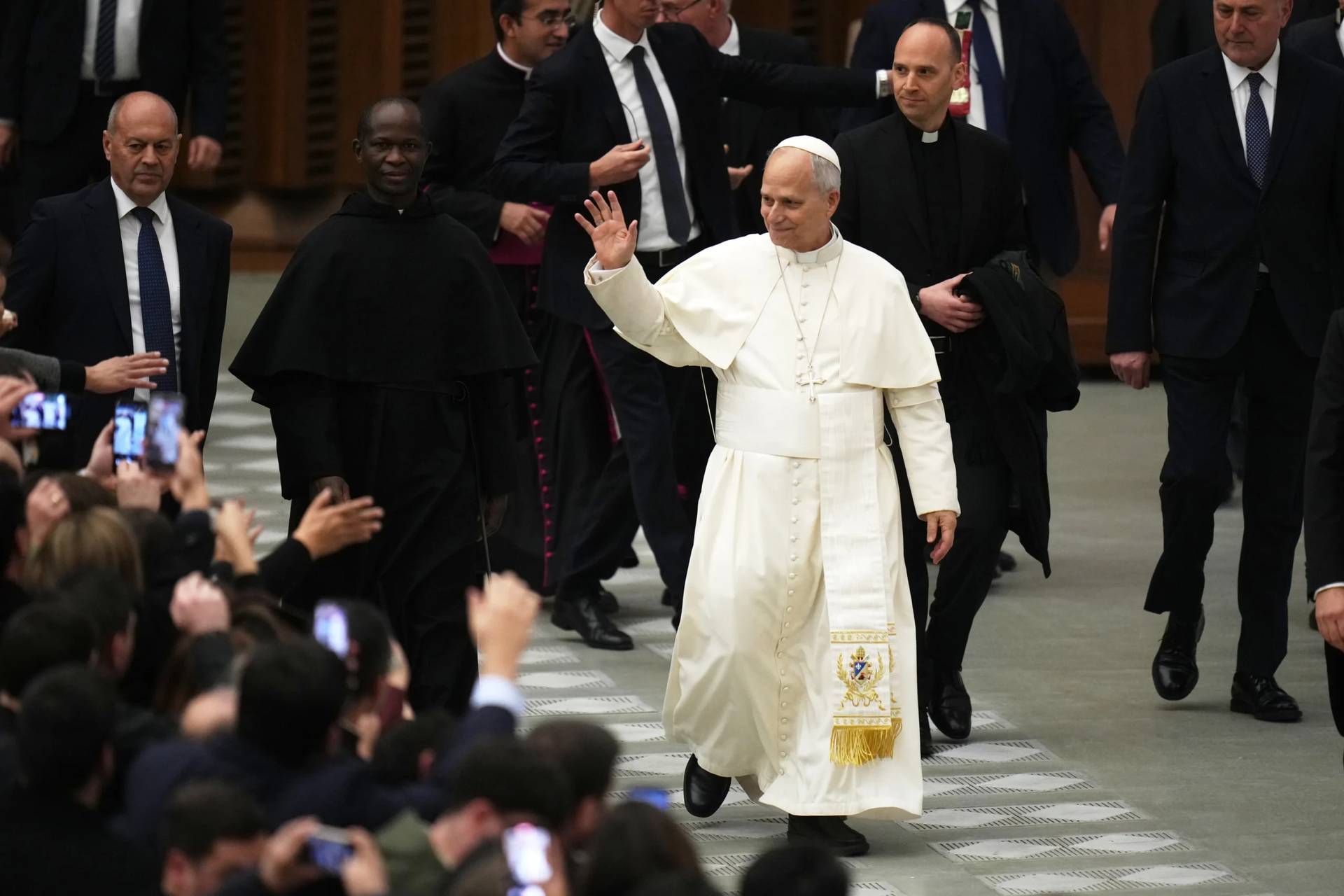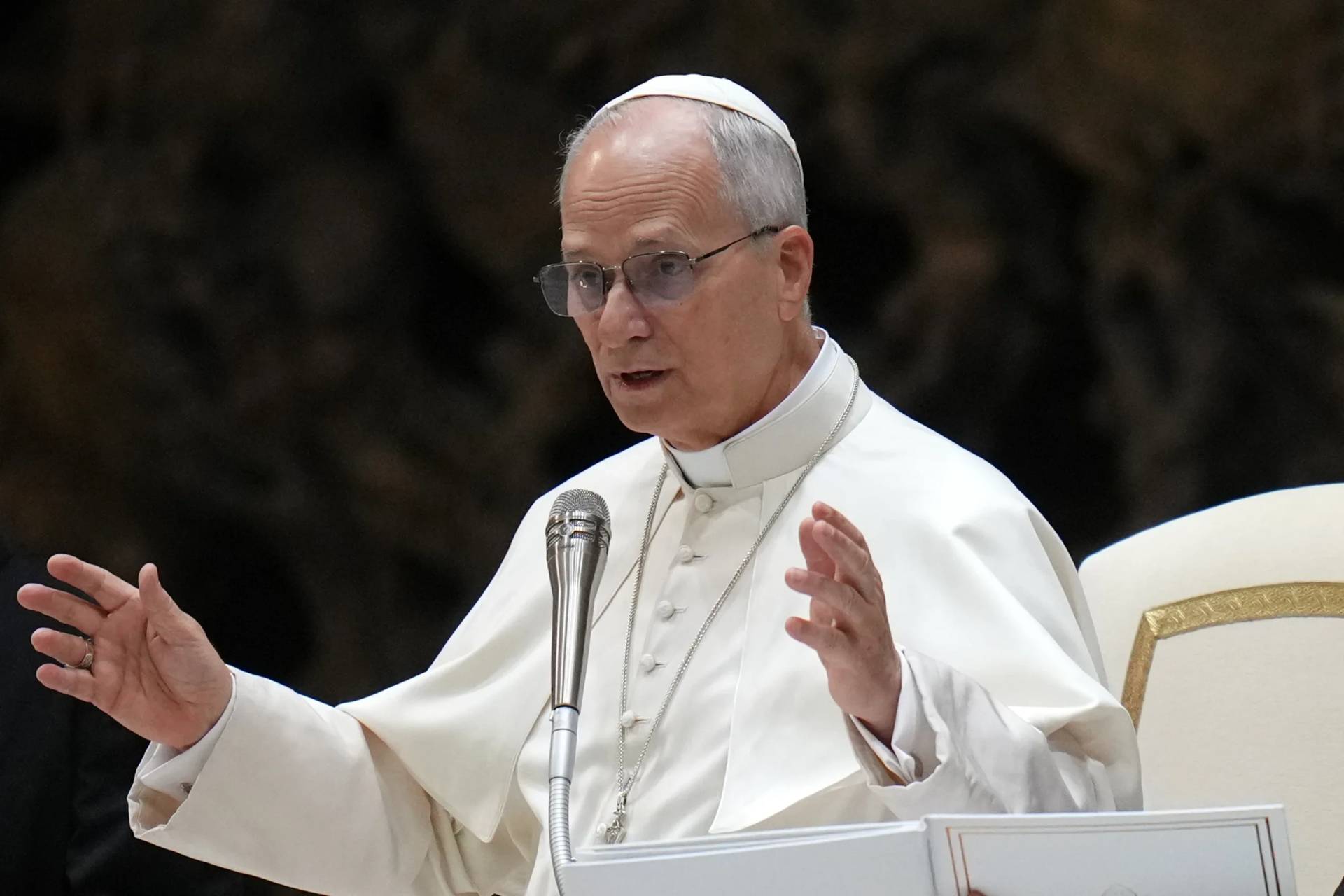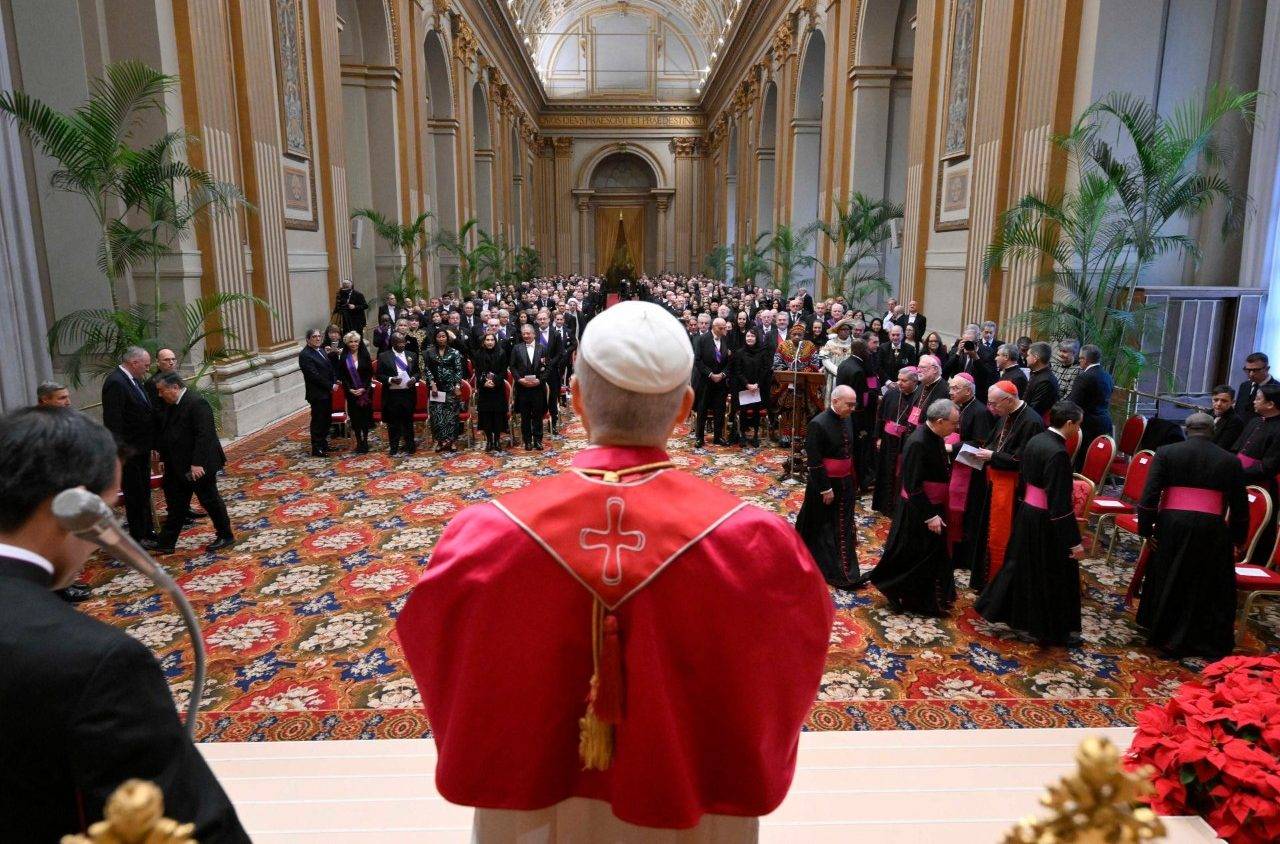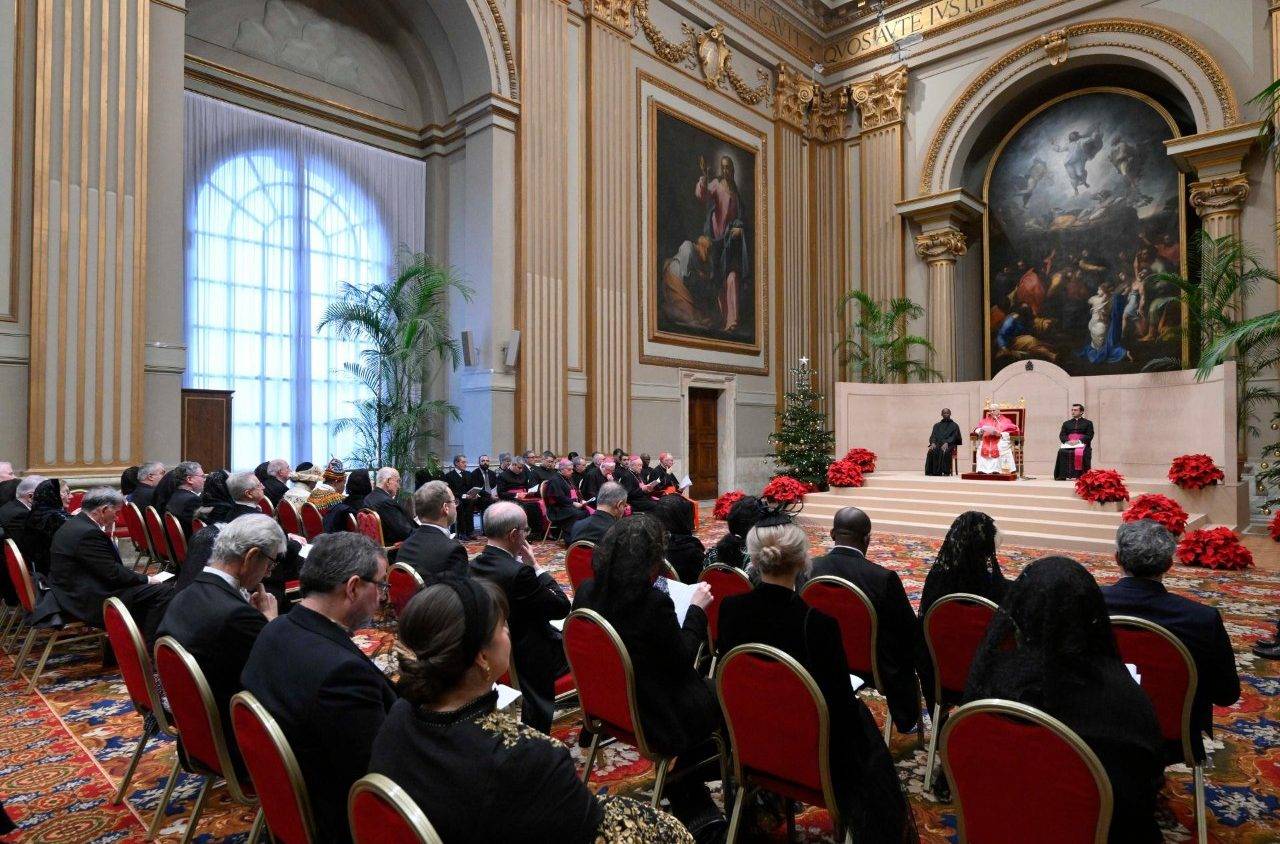ROME – If ever there’s doubt about where the Catholic Church stands on an issue, having the pope and the majority of a local Catholic hierarchy speaking in unison pretty much resolves it. This is presently the case for Nicaragua, where, once again, Church-backed anti-government protests have ended in bloodshed.
“Renewing my prayer for the beloved people of Nicaragua, I wish to unite myself to the efforts of so many bishops and so many people of good will, in their role of mediation and witness for the process of national dialogue on the road to democracy,” Pope Francis said on Sunday, at the end of his weekly Angelus prayer.
Francis’s prayer came a day after he met two bishops of Nicaragua in the Vatican, including Cardinal Leopoldo José Brenes of Managua, the country’s capital.
Speaking with the Spanish news agency EFE after the meeting, Brenes said that the pontiff had expressed his “concern” over Nicaragua, and that he had urged the Church to move forward along the path of dialogue.
“He manifested closeness to us, and has requested to be kept informed,” Brenes said. “He’s worried, but he always makes his closeness known so that we move forward accompanying the suffering people.”
In a second interview, this time with Vatican News, the cardinal said that what is happening in Nicaragua “is even worse than a war.”
“We had seen this [violence] in the two wars that we’ve had, where more than 50,000 people died, but they were armed,” he said. “An armed group faced another armed group. In this case, it’s been people who were walking down the streets without weapons… So, this is much harder than a war.”
The ongoing crisis in Nicaragua began in April, with a series of rallies against an attempt by the government to reform the country’s social security system. Protests against President Daniel Ortega and his wife, Vice President Rosario Murillo, have grown to the point where people are asking for their resignations after 11 consecutive years in power.
The Nicaraguan bishops’ conference has mediated in the release of some young people detained after the protests. The prelates, who are also observers in a slow dialogue process, have asked Ortega to move up general elections scheduled for March 29 of next year, without the possibility of the two leaders being reelected.
This is arguably the bloodiest crisis in Nicaragua since the 1980s, when Ortega also was president of this Central American country. An estimated 280 people have been killed amid clashes between protesters and government forces, but also guerrillas aligned with Ortega.
According to humanitarian organizations on the ground, 24 of those killed were minors.
It was their deaths that led to the latest protest on Saturday, called “The Rally of the Flowers.” Tens of thousands were in attendance, carrying Nicaraguan flags, crosses and flowers, but the peaceful demonstration once again ended in a bloodbath when a group of hooded men began shooting at the crowd.
At least one person was killed and nine wounded, one of whom remains in a delicate condition.
The rally to honor the children killed since the protests began April 18 took place on the one-month anniversary of what has been called the “Massacre of Mothers’ Day,” since the holiday is marked locally on May 30. On that occasion, government forces fired on a demonstration in honor of the mothers of the victims of the repression that began in April.
Saturday was the first massive rally in a month in Managua. According to local papers, this was due to the fear many had of another bout of violence, which, in the end, materialized.
Pictures and videos of the rally, available on social media, show mothers protesting arm in arm with their children, youth and elders. Screams of, “They were only children, not delinquents!” is heard repeatedly.
Also present were the parents of minors who were killed by the violence unleashed in April. Among them was the father of Álvaro Conrado, a 15-year old who died after being shot. His agonizing final words, “it hurts to breathe,” have become the slogan of the protests, with many people carrying signs or wearing t-shirts with the phrase.
The bishops’ conference recently announced that the national dialogue will recommence on Tuesday, July 3, even if Ortega has not given a response to the bishops’ call to move up the elections. Attempts to find a peaceful way out of the crisis have been suspended on various occasions due to repression by the government.
Another prelate who’s been very outspoken since the crisis began is Managua’s auxiliary Bishop Silvio Baez. In a Mass on Saturday, he said that “every drop of human blood spilled cries; it cries to God, cries for justice, and God hears it because it’s the same cry of His son Jesus.”
“Not one more [person] dead,” he said, adding that it’s valid to be outraged by the violence, but it’s never valid to “use the weapons of the violent.”

















